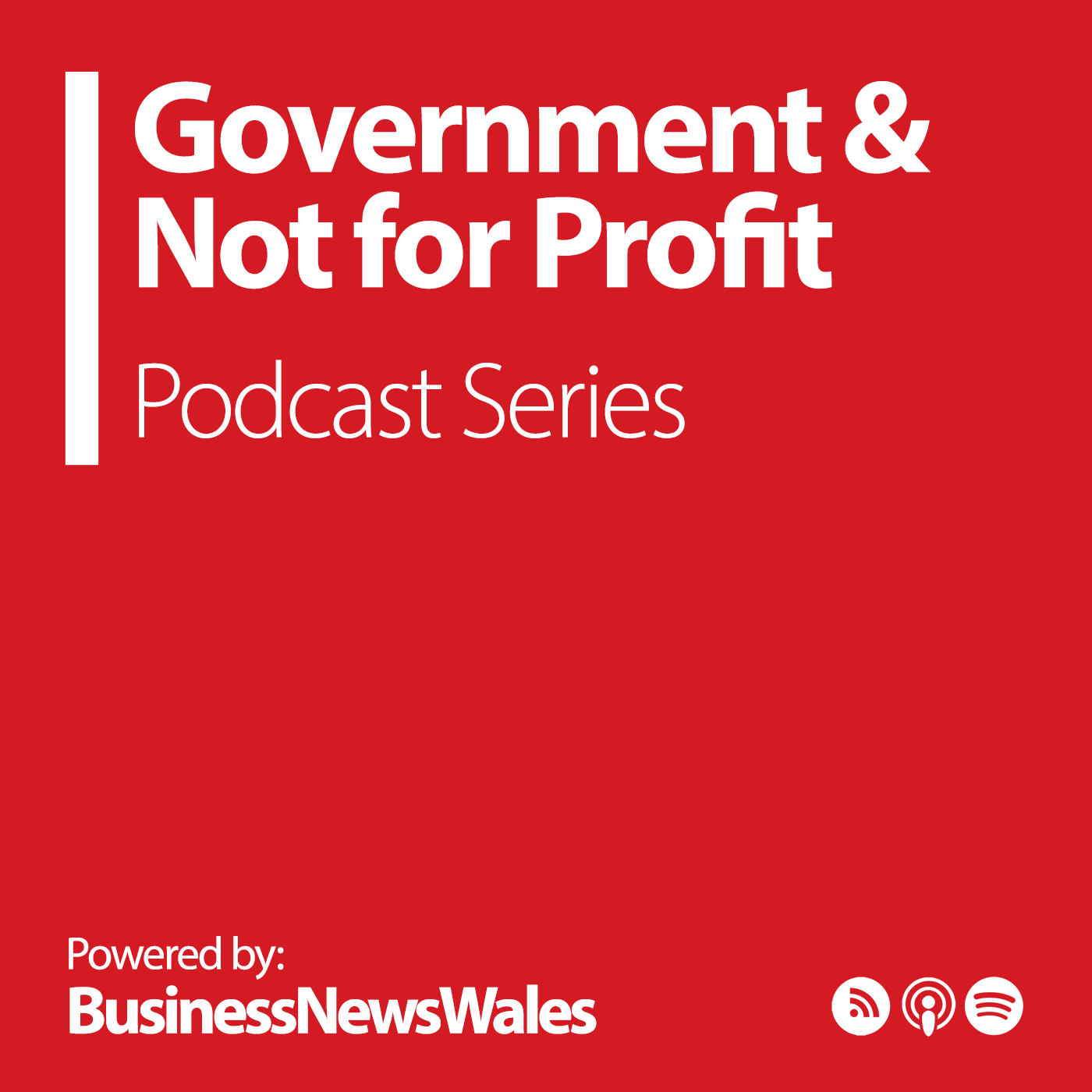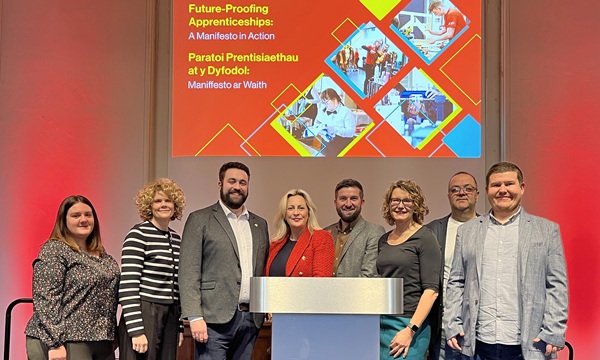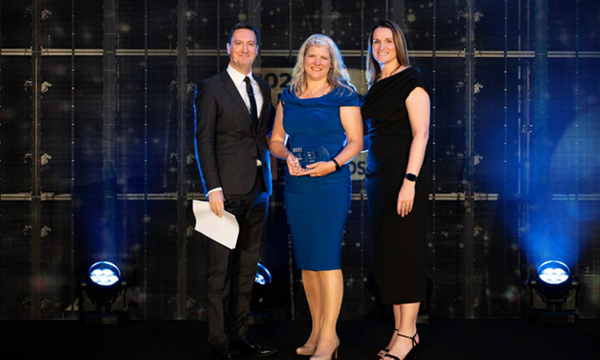
GUEST COLUMN:
Paul Shackson
Director
Camarilla Group
There is a growing recognition that aligning a company's social and commercial strategies can create a powerful synergy that benefits both the business and the community.
This shift goes beyond the traditional tick-box approach to corporate social responsibility (CSR). When done right, it becomes a key driver of long-term success.
At its core, a well-integrated social strategy is about contributing meaningfully to the community in which the business operates, to create positive, long-term impact. A business must of course keep their bottom line in focus, but by improving the communities around them, companies can create a stronger, more resilient ecosystem for their own growth.
Take staff retention, for example. Employees today are looking for more than just a paycheque – they want to be part of an organisation that reflects their values. A business with a genuine commitment to social value can attract top talent and, more importantly, retain it. Employees feel more engaged, and proud, when they know their company is making a difference. This leads to higher productivity and reduces staff turnover, saving the company money in recruitment and training.
The same is true for partnerships and supply chains. When businesses align their values with their partners, it fosters deeper, more collaborative relationships. This creates opportunities for innovation and mutual growth, benefiting not only the companies involved but also the wider community they serve.
It is important to remember, however, that social impact isn’t just a box to tick, it’s about ‘people.’ It is crucial a business listens to the actual people within the community, then supports them and tackles the ‘real’ needs they may have. Too often, social impact is treated as a one-off gesture or imposed on a community because a business thinks that is what they want.
Real success comes from engaging with the community, listening to its needs, and tracking the impact on individuals over time. Did apprenticeships lead to lasting employment? Did the jobs created provide sustainable livelihoods? Did the business’ engagement help tackle the needs of individuals, be it mental health, drug dependency, financial guidance? Only by asking these questions can businesses truly gauge their success.
This approach may not have immediate financial returns, but over time, the benefits become clear. Stronger communities lead to stronger businesses. The return on investment comes not only in financial terms but also in brand loyalty, employee satisfaction, and long-term sustainability.
In the end, social value is no longer a “nice-to-have” – it’s a must-have. When companies align their social and commercial strategies, they not only contribute to a better society but also position themselves for lasting success. The days of viewing social impact as a side project are over. It’s time for businesses to embrace it as a core part of their ethos – and in doing so, they’ll find that it’s a win-win for everyone involved.










